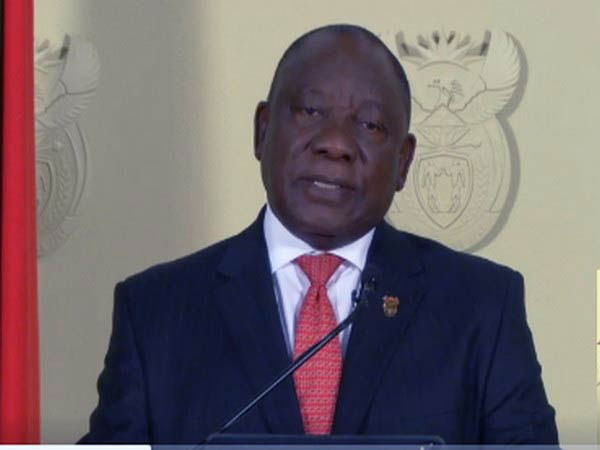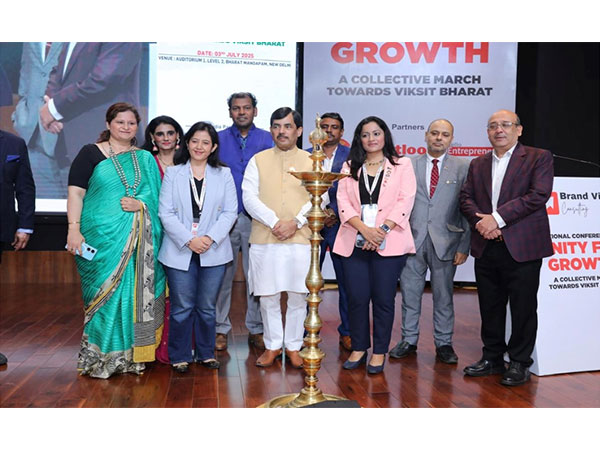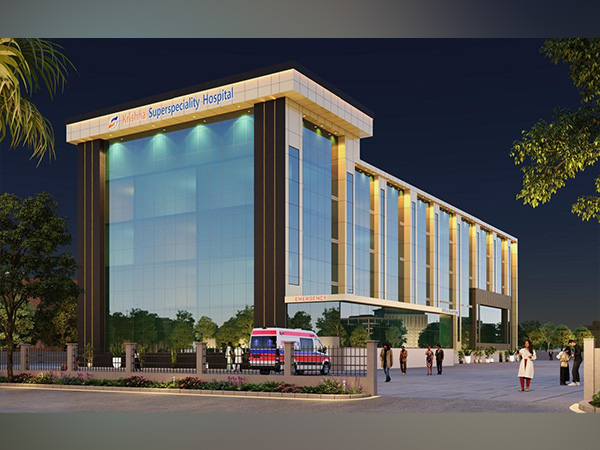
S. African president welcomes COVID-19 collaboration for benefit of Africa
Jul 22, 2021
Johannesburg (South Africa), July 22: South African President Cyril Ramaphosa on Wednesday welcomed the collaboration between South Africa's Biovac Institute and the global pharmaceutical producer Pfizer to ensure countries in the continent have access to the COVID-19 vaccine.
Ramaphosa made the remarks while commenting on the collaboration between Biovac and Pfizer to produce the COVID-19 vaccines for the African continent in South Africa, saying the collaboration would contribute to the health security and sustainability in Africa.
"The partnership is a breakthrough in our effort to overcome global vaccine inequity. The protection of Africans is a necessary and critical contribution to the protection of humanity as a whole. This collaboration recognizes the talent and technology that exists on our continent that can be harnessed in our irreversible march of sustainable and inclusive development," he said.
Ramaphosa said the collaboration showed the benefits of partnership between government and private sector.
Biovac and Pfizer announced on Wednesday that the Pfizer COVID-19 vaccine will be produced in Cape Town by the Biovac Institute for distribution within Africa, making it the first company on the continent to produce an mRNA-based vaccine.
Biovac is a vaccine producer and public-private partnership between the South African government and the pharmaceutical private sector.
Biovac will immediately embark on technological transfer activities that includes on-site development and equipment installation for the production of the Pfizer-BioNtech COVID-19 vaccines.
Pfizer and BioNTech expect Biovac's Cape Town facility will be incorporated into the vaccine supply chain by the end of 2021 while manufacturing of finished doses will commence in 2022 with drug substance from Europe. At full operational capacity, the annual COVID vaccine production will aim for 100 million finished doses annually.
Source: Xinhua









